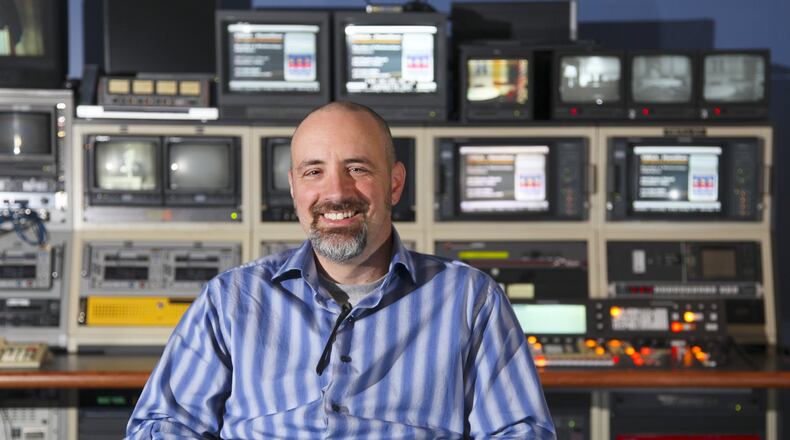President Trump’s proposed $1.15 trillion budget orders increases for the military and slashes funding for domestic programs. The $54 billion increase of defense spending means large cuts elsewhere, including the arts.
The proposed budget eliminates the National Endowment for the Arts, the National Endowment for the Humanities, and the Corporation for Public Broadcasting.
TV Hamilton Executive Director Steve Colwell, feels that looking at a budget from a “numbers only perspective,” one might overlook the need or purpose for art related programs, especially from the video/television side of the equation.
“You can’t put your finger on a direct return-on-investment because the indirect impact may not be seen for many years and it can’t be shown in a fancy chart of graph,” Colwell said.
He added that, many of the programs that are facing cuts, like PBS, are the ones that their impact will only be realized after they’re gone or their budget has been hacked away at to the point that they’re nothing but a shell of what they once were.
“Then people will sit back and say, ‘remember when we had…’ or, ‘wouldn’t it be nice if…’ but by then it’s too late,” Colwell explained. “Once those dollars are allocated elsewhere it’s all but impossible to bring them back and normally, when programs like this disappear they don’t come back.”
He noted that there was a lot of effort to create the public broadcasting system and the programming, so cutting off funding would essentially close the lights on the entire operation.
“A significant investment was made to begin them, and as soon as the switch is turned off they’re gone, because even if the funding would magically come back, the initial start-up investment won’t be there,” Colwell said. “Especially, when it comes to something that’s technological based, once that equipment is turned off, it’s outdated and not coming back up on-line.”
Losing the impact of the programs created locally and nationally by public broadcasting entities would be devastating.
“The impact of programming from PBS, particularly educational shows like ‘Sesame Street’ and ‘Mr. Roger’s Neighborhood, they have influenced generations. But you’ll not see that in a line item on a budget,” Colwell said. “You’ll not see that return for 20-plus years and even then it won’t directly show up as a dollar amount. When we talk about quality of life, which all arts programming is, that’s not something that we can look at from an accountant’s point of view.”
Having an arts program, or a television station to document history or educate viewers, isn’t necessarily about the financial impact, it’s about making where we live and work a better place, and archiving it for generations to come Colwell said.
“Arts and quality of life investments greatly impact the economy, in ways that can’t easily be seen sometimes, but connections can be made between the two,” he said.
Ian MacKenzie-Thurley, executive director of the Fitton Center for Creative Arts, agrees with Colwell and hopes that the president’s proposal to increase defense spending by $54 billion doesn’t come at the expense of the arts community.
“Obviously it is very disappointing news to hear about the proposed cuts as the NEA is an incredible institution,” he said. “As a leader in the arts community the proposed cuts are something that I am very concerned about, but we also have to make a strong stand for the continued existence and support of the arts.”
MacKenzie-Thurley said he understands critics who say defense takes priority over the arts, but that, “we have to figure out a way to find some common ground.”
This article contains reporting by the Associated Press.
About the Author
